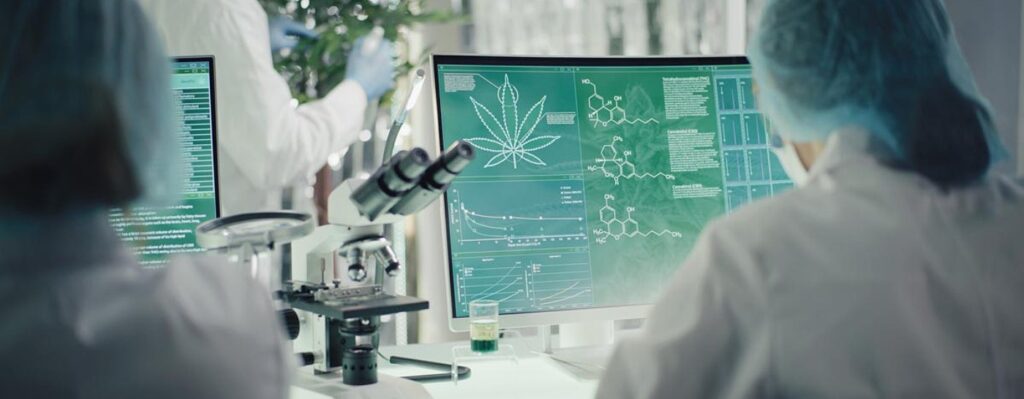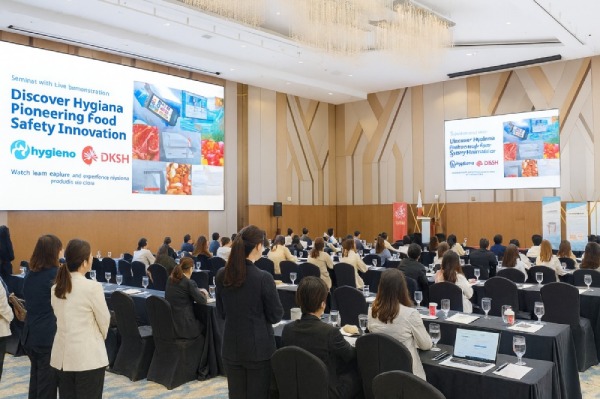Key Trends and Challenges for Plant-Based Food in Asia

The growing interest in plant-based food is not just a passing fad as consumers continue to seek out beneficial health food like meat-free diets and plant protein sources. While reducing the consumption of animal products, they are also looking at how they can help reduce their impact on the planet. Here are some key trends and challenges for plant-based food in Asia.
Demand for plant-based food has shown steady growth across Asia in recent years. Reach out to us if your business is looking to assess different characteristics of plant-based food products in terms of their structure, composition, physicochemical properties and sensorial characteristics.
Sources:
- Unlocking Plant-Based Opportunities In The ‘New Norm’ – Asia Pacific Food Industry
- The market of plant-based proteins in Asia Pacific
- Research ArticleVolume 7 Issue 5 – October 2018DOI:10.19080/NFSIJ.2018.07.555721Nutri Food Sci Int JCopyright © All rights are reserved by Hima John PhD ScholarRheological Properties and Particle Size Distribution of Soy Protein Isolate as Affected by Drying Methods (.pdf)
- International Plant-Based Food Companies Eye U.S. Market For Exponential Growth
- The plant-based meat industry has grown into a $20 billion business — but challenges remain
- How taste, protein and ingredients are barriers to plant-based meat adoption | Food Dive

About the Author
Ruethaitip Tiratrakulvichaya has been with DKSH in Thailand since 2009. As the Application Manager for the Malvern Panalytical product range, she is responsible for technical and application support across Southeast Asia. With a background in food science and agroindustry, she is experienced in delivering training to both internal colleagues and external customers on how to operate and obtained the best data. Ruethaitip has extensive working knowledge in material characterization techniques including laser diffraction, dynamic light scattering, micro-calorimetry, size exclusion chromatography and morphological property.
Ruethaitip Tiratrakulvichaya
Material Science









